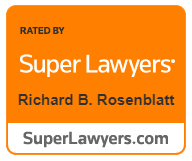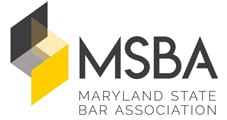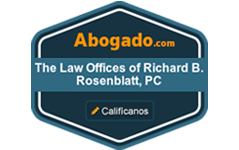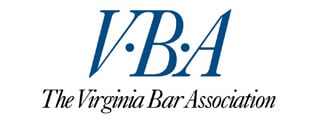Those who find themselves unable to pay off their debts in Maryland may find themselves faced with the difficult decision of whether or not to declare bankruptcy. There are two types of bankruptcy that individuals typically file under: Chapter 13 and Chapter 7.
The type of bankruptcy that is best for an individual depends on his or her unique situation. This article will focus on some of the advantages and disadvantages of Chapter 7.
Chapter 7 pros
The Consumer Recovery Network points out that Chapter 7 bankruptcy allows for the dissolution of many (but not all) debts. Thus, one of the primary advantages of Chapter 7 bankruptcy is the potential debt relief.
In a process which is known as liquidation, certain assets may be sold to pay off other non-dischargeable debts. If someone wants to keep their car and home, for example, he or she might be able to sell off other valuable items to pay off what he or she owes.
Chapter 7 cons
The liquidation aspect can be seen as positive or negative, and thus if someone does not want to have to go through that process, Chapter 7 may not be ideal. If the person filing does not have enough additional assets to liquidate in order to help pay off his or her mortgage, for example, he or she may still be unable to avoid a foreclosure.
The American Bar Association also notes that Chapter 7 can stay on someone’s credit report for ten years, as opposed to Chapter 13 which stays for seven years. During this time, it may be difficult to get new lines of credit, and those which are available will likely carry high-interest rates.






